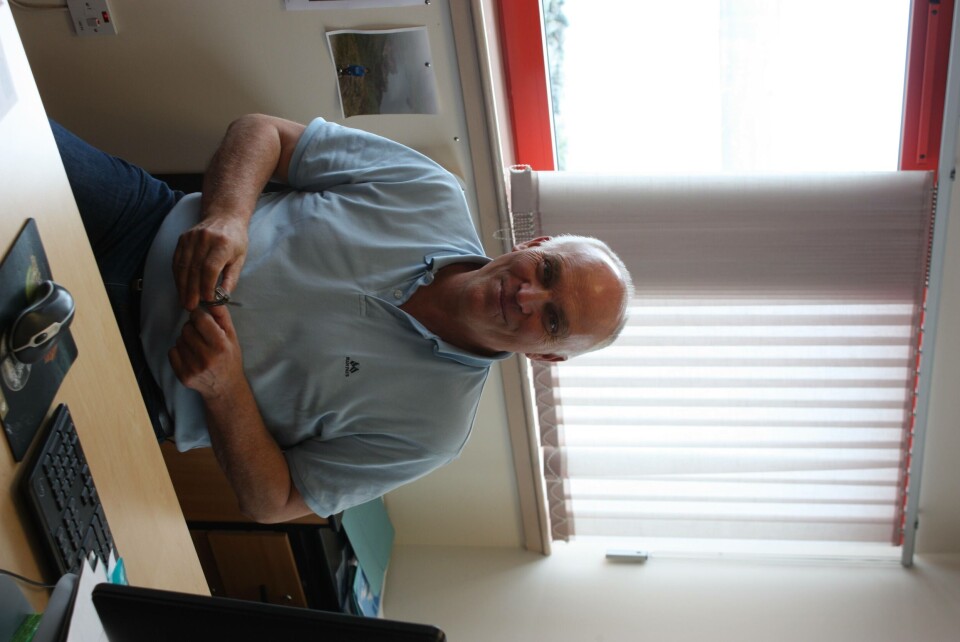
The “biggest threat to Scottish fish farming”?
The Scottish salmon sector is being severely compromised by “stumbling blocks between the industry and the government”, including SEPA, according to the MD of a leading salmon firm.
This is one of the key messages that Sigurd Pettersen, outgoing MD of Grieg Seafood Shetland (GSS), passed on to Fish Farming Expert as he approaches the end of nearly 3-and-a-half years at the helm.
“I think there are too many stumbling blocks between the industry and the government: I think that SEPA [the Scottish Environmental Protection Agency] is perhaps the biggest threat to Scottish fish farming,” he argued.
“They’re struggling with their models on the effect that salmon farms have on the environment and they need to take a wider view of the concept of sustainability…they seem to be using it as a cloak without defining what they think sustainability means – is it sustainable to close down a farm and lose 10-11 jobs in a place like Shetland?” he asked.
2030 targets
As a result of factors such as this, he believes that the Scottish aquaculture industry might struggle to achieve its recently launched aims of doubling the value of its production to £3.6 million a year by 2030, although he thinks it’s still possible.
“They are only achievable if the obstacles between the ambitions of the farmers and the politicians are cleared, although the biological challenges – of lice and algal blooms – also have to be reduced,” Sigurd reflects.
And, although he believes that non-medicinal treatments have huge potential and are showing promising results, he feels that chemical treatments – especially new ones – should also be considered.
“Cleaner fish and mechanical treatments – such as hydrolicers, thermolciers and optilicers – are all useful, but several chemical treatments still work and should still be used. However, the manufacturer of a least one new in-feed product, [Elanco] has stopped trying to get licencing for their product [lufenuron-based Imvixa] in the UK, despite the fact that it’s been shown to be effective for at least six months. To me it seems a major problem when international players see Scotland as somewhere too difficult to operate in,” he argues.























































